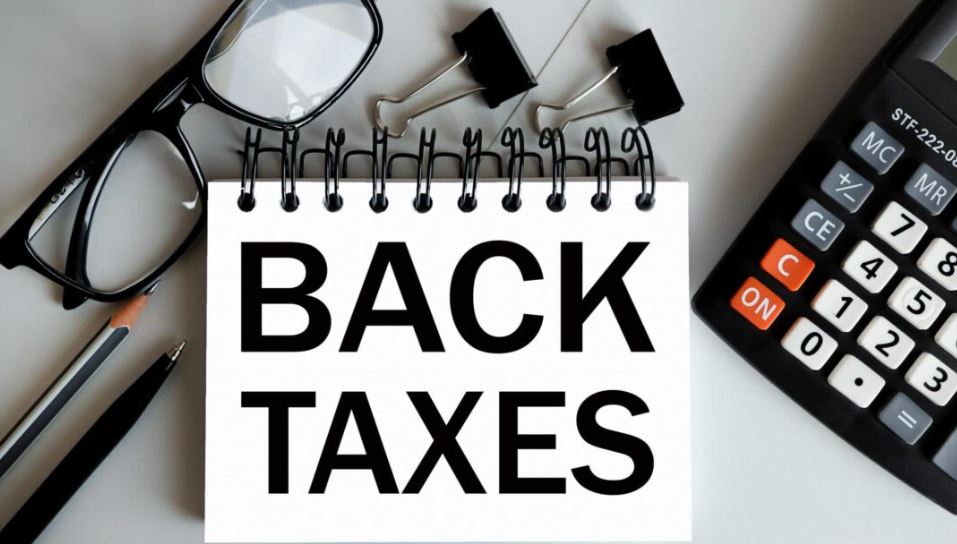Perhaps, it is a strategy, but the Government of Ghana appears to be very desperate. She needs short to medium term solutions in bringing back the economy to life as promised the citizens during the covid-19 pandemic. The economy has been in distress for a while now. Some of the short term measures were for the Central Bank of Ghana to print and borrow to the Government. But the IMF has raised red flags. The International Monetary Fund is pushing Ghana’s cash-strapped government to stop borrowing from its central bank, according to people familiar with the matter.
The IMF wants the two entities to sign a commitment to zero-financing, said the people who asked not to be identified because they’re not authorized to speak publicly on the matter. The accord is a condition Ghana is required to meet in order to secure final approval for a $3 billion IMF bailout, one of the people said. The decision would bring a halt to central bank loans to the government that amount to about 40 billion cedis ($3.2 billion), according to one of the people. Central-bank lending to Ghana’s government ballooned last year as investor concern about the state of the nation’s public finances depressed demand for its domestic bonds. The central bank stepped in to provide funding for the budget and to roll over maturing loans. An agreement would also bar state-owned enterprises such as the Ghana Cocoa Board, which owes about 7 billion cedis, from using more central bank financing, according to the person. The cocoa regulator — the sole buyer of cocoa from farmers in the world’s second-biggest producer of the chocolate ingredient — uses the funding to support growers.
Ghana is overhauling an estimated 467 billion cedis of its loans. It’s been locked out of international capital markets since borrowing costs surged last year on investor concern about the state of Ghana’s public finances.
The country secured a staff-level agreement for a $3 billion IMF bailout last year, but final approval by the IMF board requires the fulfilment of so-called “prior actions,” which haven’t been made public. It is also negotiating a restructuring plan for its local and external debt in a bid to show that it can make its loans more sustainable, another requirement to tap IMF funding.
But Government is now turning her attention to the extractives sector. The Government of Ghana is asking some of the nation’s largest companies to pay millions of dollars in back taxes as the cash-strapped government scrambles to raise money and finalize a bailout from the International Monetary Fund.
Gold Fields Ltd. and Kosmos Energy Ltd. have been told they owe back taxes, as have Tullow Oil Plc and Africa’s largest wireless carrier MTN Group Ltd. All of the companies dispute the government’s claims. Ghana has been forced to allocate most of its revenue to service an estimated 576 billion cedis ($48 billion) of public debt.
“Ghana is clearly facing fiscal and economic challenges at the moment,” Gold Fields spokesman Sven Lunsche said in an emailed response to questions. “We are hopeful that the government will not resort to unreasonable fiscal measures that will further imperil the challenges facing the corporate sector.”
West Africa’s second-largest economy lost access to international capital markets because of its ballooning debt and loan-service costs. It’s restructuring most of its obligations amid a slump in the cedi, and is seeking a $3 billion loan from the IMF.
Gold Fields is in talks with the country’s tax authority to try and resolve the demand for 2018 to 2020. MTN, which has been ordered to pay $776 million, has until Friday to reach an agreement with the Ghanaian authorities.
Kosmos Energy, headquartered in Dallas, said the authorities claimed the company underpaid certain taxes and other contractual fiscal obligations. The claim is without merit and Kosmos will “vigorously dispute” it if required. Both Gold Fields and Kosmos declined to give financial details.
A spokeswoman for the Ghana Revenue Authority declined to comment when contacted by phone by Bloomberg.
Government had actually given signals 14 months earlier. In December 2021, Hon. George Mireku Duker, Deputy Minister of the Ministry in charge of Mines, made this known to the public that the Government of Ghana, through the Ministry of Lands and Natural Resources was going to constitute a team to audit large-scale mining companies to ensure adherence to the mining laws and regulations.
According to mining industry experts captains, best practice in resource endowed provinces such as in Australia for example, companies are supposed to keep tax records for at least the previous ten years as the revenue agencies do random audits to determine if the conpanies hadn’t under or overestimated.
Therefore, if this is the practice in Ghana or the paradigm shift, then it’s a step in the right direction. The companies just have to prove that their tax returns were correct, to avoid a strained relationship with the Government. By law, companies can be prosecuted if they deliberately under declared their tax obligations but in many instances they can negotiate timing for refund over a period. Perhaps, for a better economy, the revenue angencies and regulators may have to do more of these audits to include to individual tax payers and not just companies.
SOURCE: Bloomberg

